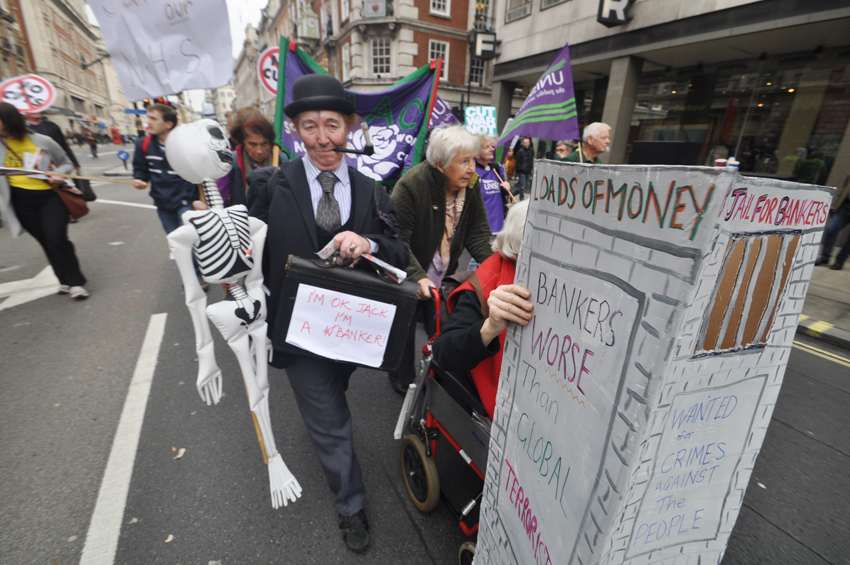THE Bank of England was yesterday exposed as planning to deceive the public over research it is carrying out into the financial risks of the UK leaving the EU.
A senior BofE official ‘inadvertently’ sent an email about this ‘confidential project’ to an editor of the Guardian newspaper – an event which a spokesman for the Bank described as ‘unfortunate’.
The Tory Party Manifesto pledged a referendum on the issue by 2017 and yesterday Labour rushed to the Tories’ aid, with Acting Leader Harriet Harman suddenly reversing party policy and announcing that Labour will now support Tory plans for an EU referendum.
‘We will vote for the bill and then get into the big questions for and against Europe,’ said Harman.
Labour’s decision to support the referendum bill, which is expected to be in Wednesday’s Queen’s Speech, means it should speed through Parliament without serious delays.
The leaked email indicates that a small group of senior Bank of England staff are examining the likely economic effects of the UK leaving the EU, under the authority of Sir Jon Cunliffe, BofE deputy director for financial stability.
The email spells out that should anyone ask about the project – codenamed Project Bookend – the taskforce should say it concerns ‘a broad range of European economic issues’, and not make any reference to the forthcoming referendum.
The email, from Cunliffe’s private secretary to four senior executives, was written on 21st May.
James Talbot, the head of the BofE monetary assessment and strategy division, was also involved in Project Bookend, the Guardian said.
The email is quoted as saying: ‘Jon’s proposal, which he has asked me to highlight to you, is that no email is sent to James’s team or more broadly around the Bank about the project.
‘James can tell his team that he is working on a short-term project on European economics in International (division) which will last a couple of months.
‘This will be in-depth work on a broad range of European economic issues. Ideally he would then say no more.’
The memo goes on to propose that questions from ‘other parties’ about ‘whether this was a project to look at the referendum’, should be given the answer, ‘that there is a lot going on in Europe in the next couple of months – pointing to some of the specific European economic issues (eg: Greece) that would be of concern to the Bank’.
A statement from the bank yesterday said: ‘Today, information related to planned confidential Bank work on the potential implications of a renegotiation and national referendum on the UK’s membership of the European Union made its way into the public domain, due to an internal email sent inadvertently to an external party.
‘There are a range of economic and financial issues that arise in the context of the renegotiation and national referendum. It is one of the Bank’s responsibilities to assess those that relate to its objectives.
‘It is not sensible to talk about this work publicly, in advance. But as with work done prior to the Scottish referendum, we will disclose the details of such work at the appropriate time.
‘While it is unfortunate that this information has entered the public domain in this way, the Bank will maintain this approach.’
Labour’s shadow chancellor Chris Leslie said the email raised questions about whether the report would be published, if so when, and whether businesses, the Treasury or the Office for Budget Responsibility would be consulted and whether the chancellor knew about the assessment.
He called for ‘a full and informed debate, not clandestine processes shrouded from public view’.
